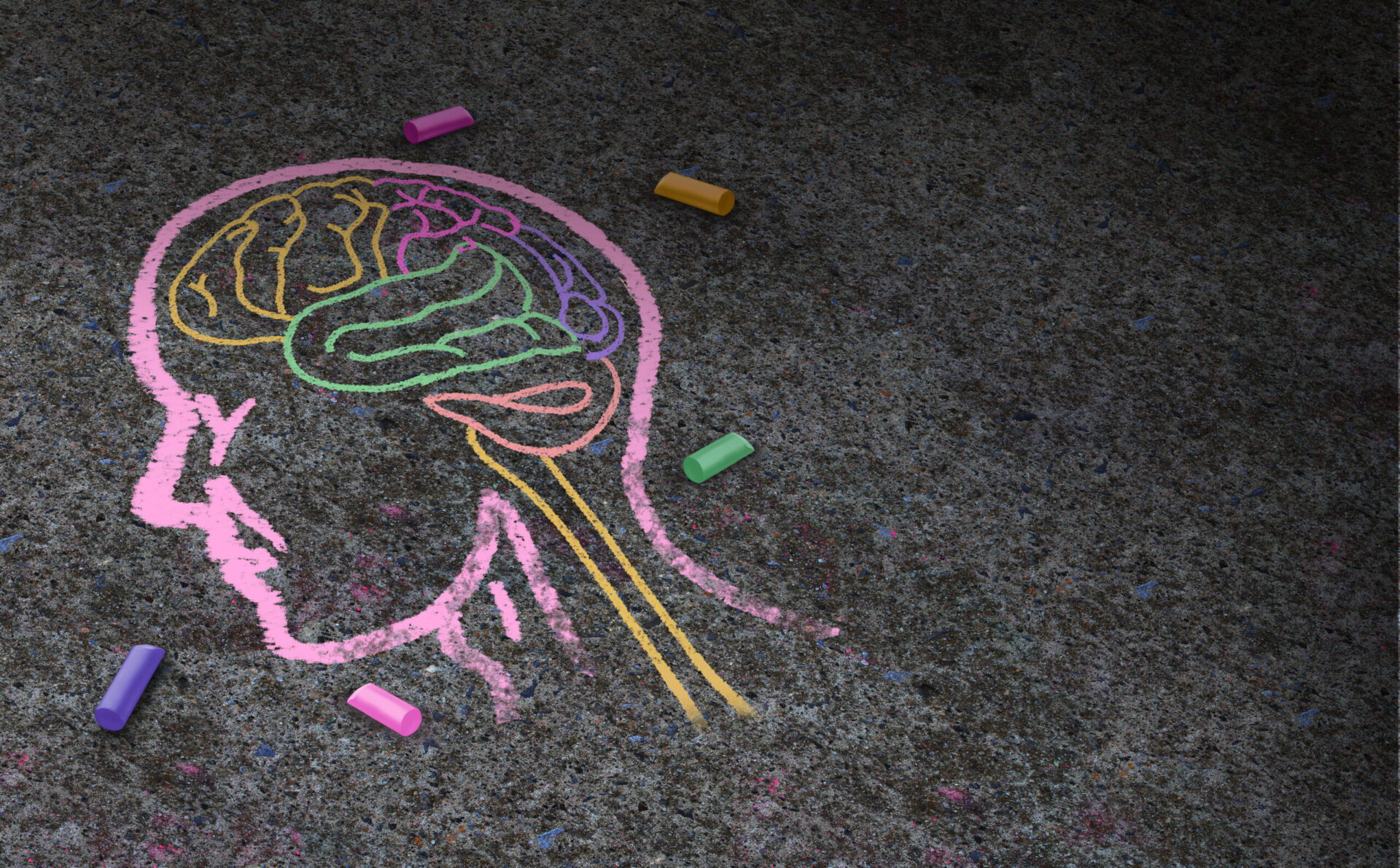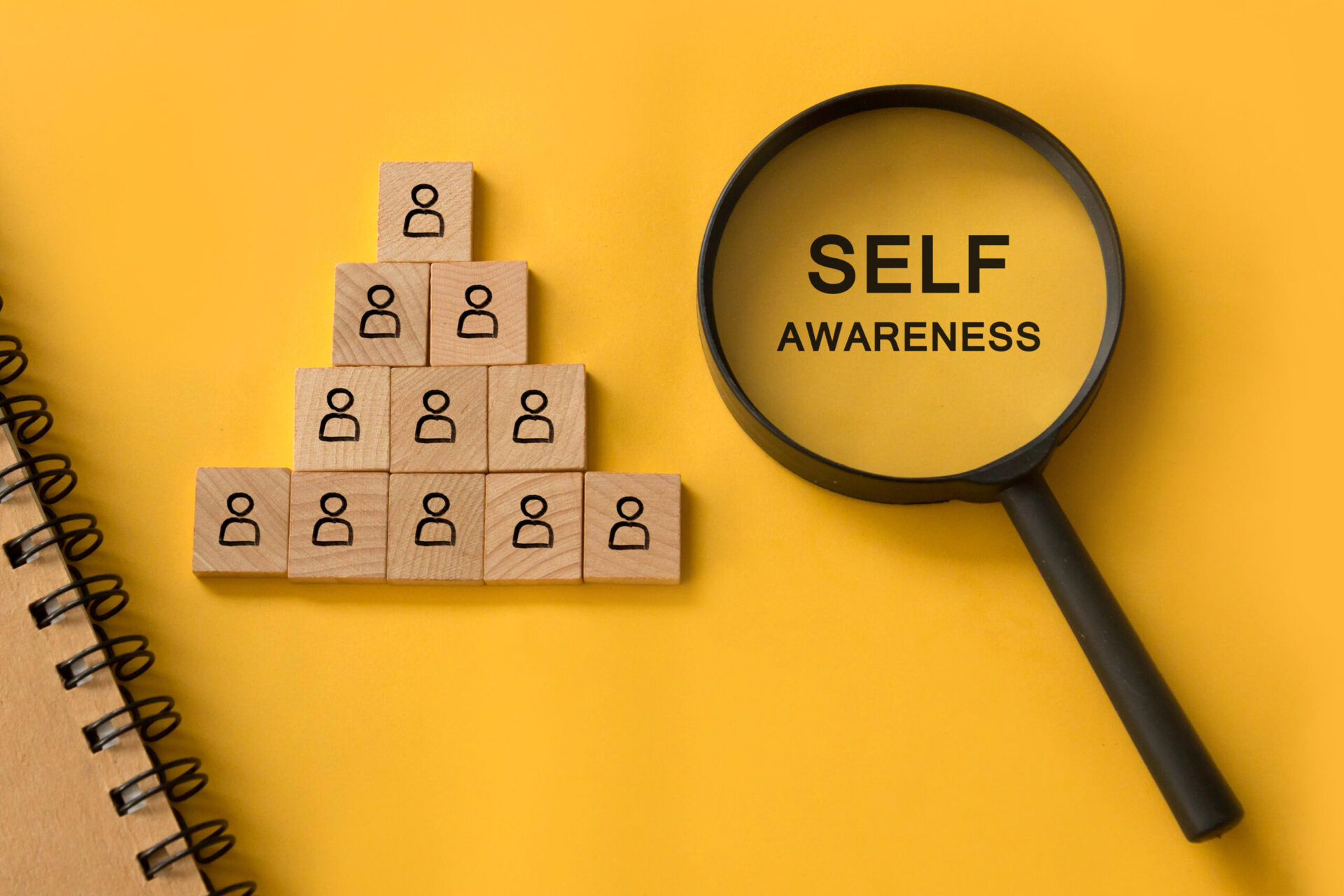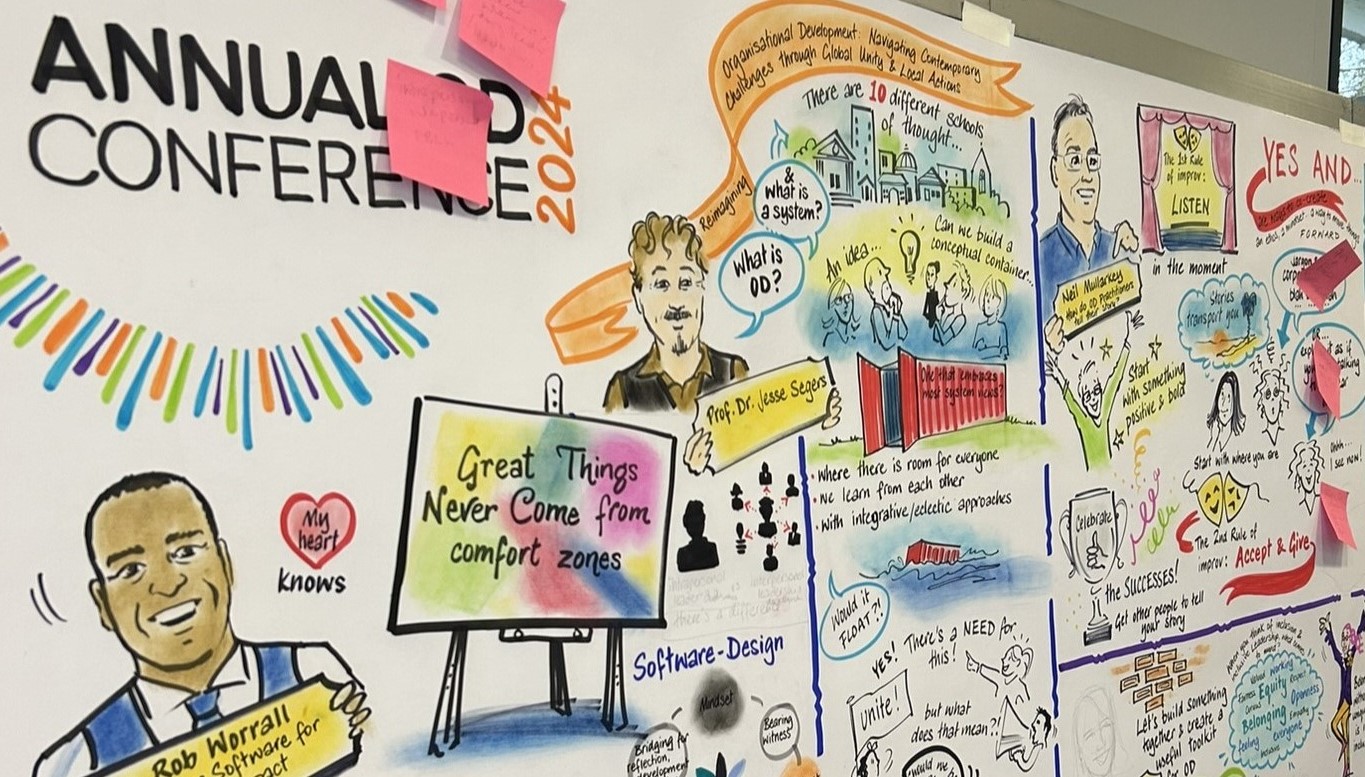There are many types of organizational development interventions that are useful for OD practitioners to have in their practice. In our recent blog we explored the role of OD practitioner and the range of projects that they would lead from defining and implementing a corporate learning strategy through to designing value propositions or improving employee satisfaction. For all these, OD practitioners need to deploy different types of organizational development interventions according to each project.

The type of organizational development intervention we’re looking at here, is often the most critical because it is fundamental to OD practice – Use of Self.
It’s often said that there’s no such thing as a ‘non-participant observer’. We affect the systems we enter, and equally those systems affect us. That’s certainly the case in the world of OD, where who you are inevitably becomes part of your intervention, and in turn the system you’re helping influences your ‘self’.
From a historical perspective, there have long been debates about the use of self as a type of organizational development intervention. One school of thought believes that practitioners have to detach their selves from the work that they do, in order to not negatively affect the work. Then there is the school of thought that the self is strongly intertwined with one’s work and there is much value in offering one’s subjective perspective.
At Roffey Park Institute, we are believers in the latter perspective and strongly feel that any type of organizational development intervention rests with the practitioner and what they bring into the process. This belief that all experience is subjective, and that our ‘meaning making’ is both personal and constructed within a social context is a view shared by Gestalt and by constructivist approaches. The emphasis is on the experiences that we have right now, because our present is the springboard for our interpretation and understanding what’s gone on in the past and our anticipations of the future, and how we bring our ‘self’ into the situation.
So, what is ‘Self’ as a type of organizational development intervention?
With the popularity of ‘Authentic Leadership’ has come the temptation to view the ‘self’ as somehow fixed, a ‘true self’, an ‘inner self’ almost immune to change. At Roffey Park we view ‘self’ more as the “emotional, perceptual and cognitive processes that make up a person, and using the self as an instrument means becoming aware of and using these emotional, perceptual and cognitive processes” (Cheung-Judge, 2018[1]; McCormick and White, 2000 in Cheung-Judge and Holbeche, 2015).
If you share the view that organisations are essentially patterns of interactions, and that the primary role of the OD consultant is “to establish helping relationships with and among individuals and groups within organizations”[2] then it follows that the ‘self’ is shaped through those relationships, and how we work “with what comes from these contacts is crucial as we continue to strive to use ourselves in the moment to formulate our work with groups or organizations, and to help our clients.”[3]
So, the Use of Self as a type of organizational development intervention requires gaining a deeper understanding of oneself and developing a greater level of self-awareness in a way that allows us to be even more impactful in the workplace.
How then do we develop our instrumentality?
The foundations are ‘awareness’ and ‘intention’. Gestalt emphasises heightened self-awareness; Personal Construct Psychology centres on ‘reflexivity’, both of which refer to the importance not only of self-knowledge, but moment by moment self-awareness, in service of refining and deepening our expertise and instrumentality. The key is having an awareness of our ‘now’. Without that we are unable to effectively make meaning of our emotions, thoughts, perceptions and experiences. And without that, we are unable to bring about changes in the now and the future, nor effectively use self as an instrument of change.
Roffey Park Fellow, Mee-Yan Cheung-Judge has worked over many years in Singapore, and has advocated some valuable, but not easy, practices for deepening our instrumentality and use of self in our OD work.[4]
1. Develop Life-Long Learning Habits

This means enhancing our competence and flexibility in what’s called for from us as OD Practitioners. This includes nurturing a peer network, welcoming feedback, checking-out our perspectives, values, beliefs and assumptions.
2. Work through Issues of Power
She reminds us to acknowledge our issues around power and control, and power dynamics at work in our client systems. For some of us in Singapore, this is no small task. Never will I forget discussing an OD project with a local organisation who had crafted the most beautiful and well-articulated OD perspective on an organisational issue being faced, but then concluded by saying “We now just need to get the top leaders on board, identify the KPIs and cascade the requirements down the organisation”. So, it will serve us well to bring our understanding of power, influence and hierarchy more into our awareness.
3. Build Emotional and Intuitive Self-Awareness

Mee-Yan reminds us to manage our “anxiety about the accuracy of (our) perceptions” and acknowledge the power of our intuition. Again, for some of us in Singapore, where being “correct”, evidence-based and non-emotional can feel like the air we breathe, it calls for a lot of self-work. Yet if we do that work, then we are then uniquely placed to integrate our personal, family, cultural history, even our emotional discomforts into our practice as OD professionals.
It means really diving deep and getting to know ourselves better on every level. It means devoting the time and energy to better understand how our life experiences have coloured our perception of events and people. It also means exploring what is important to us, our life values and developing our emotional, perceptual and cognitive capacities. It may also be helpful to engage a mentor or a coach who can point out our growth points and gaps and heighten our self-awareness.
4. Commit to Self-Care
In Singapore, we can be great at talking about this, and blind to it when it comes to ourselves. The irony in an email I received from a client at nearly 2.am. pondering whether her organisation really did have any issues of workaholism, wasn’t lost on me – although I fear it was completely lost on her. Allowing ourselves time off to care for body, mind and soul isn’t an indulgence but an essential for maintaining our effectiveness – our self as instrument.
- https://www.roffeypark.com/organisational-development/use-of-self/
- From “The Self as an Instrument: A Cornerstone for the Future of OD” Introduction (2012) Dr. Mee-Yan Cheung-Judge]
- As above
- OD PRACTITIONER Vol.44 No.2 2012 p.44





